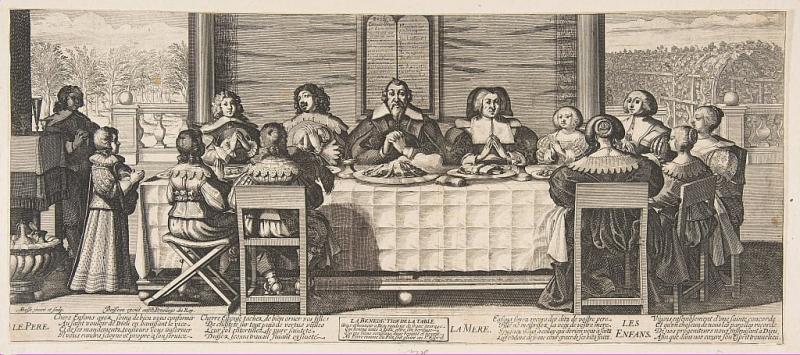Quote
"King William III. granted the Huguenots from France, refuge in England, (Biscoc and others) a patent for esablishing Paper-manufactories; and parliament granted to them other privileges..."
Links to the Encyclopedia:
It is recorded in the Craftsman, No. 910, that King William III. granted the Huguenots from France, refuge in England, (Biscoc and others) a patent for esablishing Paper-manufactories; and parliament granted to them other privileges: but, from a want of unrelaxed perseverance, economy, and industry, their undertaking met with the same fate that often attends new establifhments: it went to ruin, notwithstanding its success in the first few years; and the manufacture of Paper in general decayed, until the year 1713, when Thomas Watkin, a stationer, in London, brought it in a short time into great repute and perfection; and it is a merit attributable to him, that the preservation of this important, most useful, and necessary of all arts has given rise to the establishment of the numerous Paper-mills that England now possesses, which manufacture very large quantities of Paper of all forts in the greatest perfection: not only a great part of which is exported to foreign countries, but the importation of this commodity is now confined to a few assortments only, of which there cannot be a doubt, that these kinds of Paper yet imported; will soon be manufactured in this country of an equal quality, because, by perseverance, convenience in the construction of these manufactures, superior engines, presses and machines, and improved moulds, the indultrious manufaturers have been assisted and enabled to give English Paper its actual preeminence.
Sources
Matthias Koops, Historical account of the substances which have been used to describe events, and to convey ideas, from the earliest date, to the invention of paper. Printed on the first useful paper manufactured soley [sic] from straw. London: printed by T. Burton, 1800, p. 72-73. Transcription by Alain Kerhervé. Full text from ECCO.
